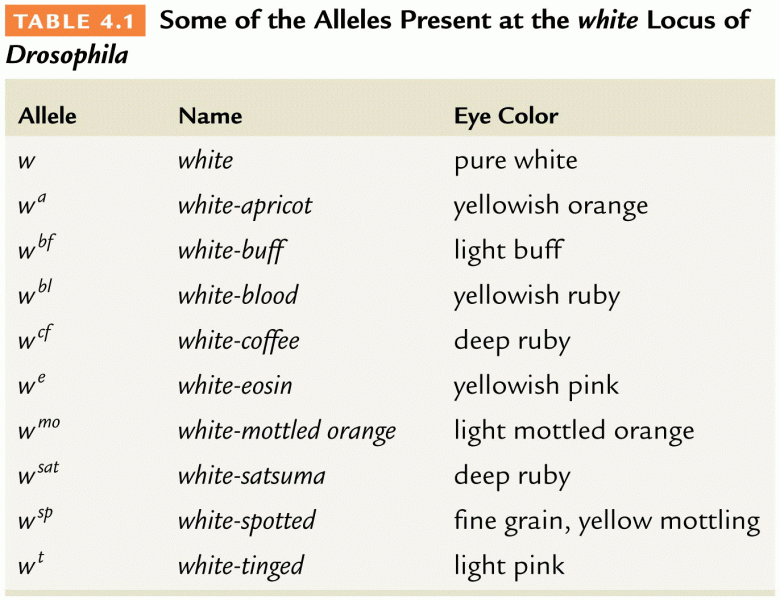|
|
|
Did you know?
Sperm cells are so tiny that 400 to 500 million (400,000,000–500,000,000) of them fit onto 1 tsp.
Did you know?
The longest a person has survived after a heart transplant is 24 years.
Did you know?
Many medications that are used to treat infertility are injected subcutaneously. This is easy to do using the anterior abdomen as the site of injection but avoiding the area directly around the belly button.
Did you know?
In 1844, Charles Goodyear obtained the first patent for a rubber condom.
Did you know?
The people with the highest levels of LDL are Mexican American males and non-Hispanic black females.







